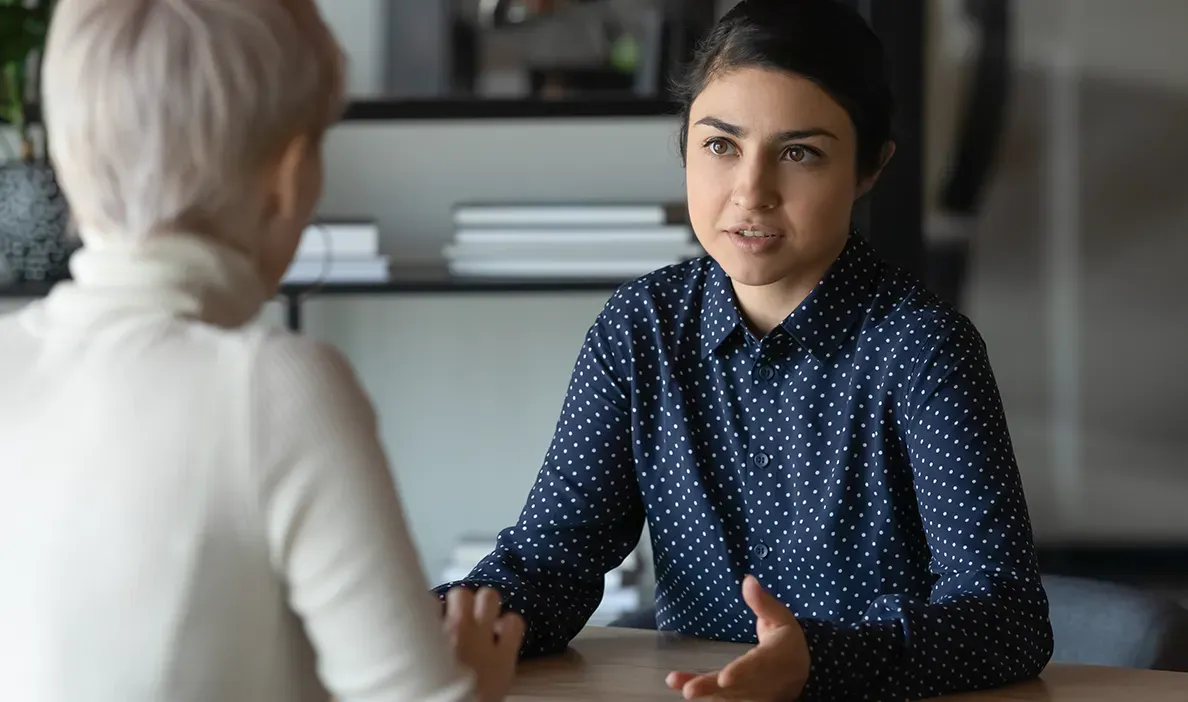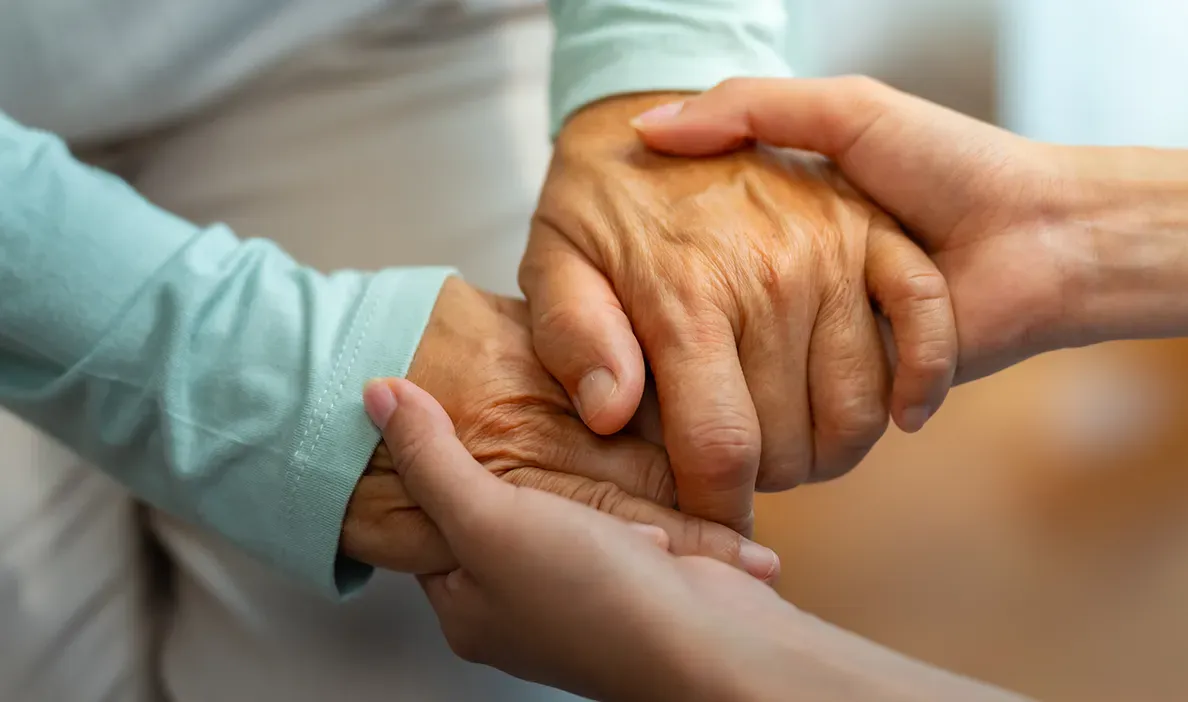Caring for someone can be a kind thing to do, but it can be incredibly challenging too.1 It can be easy to get caught up in the responsibility and forget to look after yourself.2 But, taking some time to look after yourself both physically and emotionally is important. It can help you provide better care for your loved one.1,3
Come to terms with your feelings
It can be difficult and upsetting to learn that a person you care about has been diagnosed with cancer.1 Some people may feel resentful about how their life has changed – some may even feel guilty for their own health.1,4
However you are feeling, it is important that you know that there is support available for you. You may find that sharing your feelings with friends or family can help, but there are also some organisations, such as Mind or Samaritans, who have support lines and may be able to help if these feelings become overwhelming.1,2,3
Prioritise your health
As important as it is to look after yourself mentally, you also need to look after yourself physically. Maintaining a healthy lifestyle will help you to look after yourself and the person you are caring for.3
What does this look like?1,3
- Ensuring you eat healthy, regular meals
- Being active by doing some form of physical exercise each day. Even a short walk can be good for your physical and emotional wellbeing
- Ensuring you get enough sleep
Take time out when you need to
Caring for someone can be physically and emotionally exhausting. You may feel unable to leave them alone for any length of time. However, getting some help that lets you have a break can be beneficial for both of you.1,4
Firstly, you could reach out to a trusted friend or a family member to help with some of your responsibilities.4
If there is no one available, or you think you may need further support, some services that can help you to get some respite include:1,4
- Short stays at a care home or hospice
- Day centres that provide organised care
- Overnight care from a Marie Curie nurse
Speak to your GP to find out what services and support are available in your area.1,4
References
- Cancer Research UK. Taking care of yourself. Available at: https://www.cancerresearchuk.org/about-cancer/coping/family-friends-caregivers/taking-care-of-yourself [Accessed June 2025].
- Mind. Mental health helplines. Available at: https://www.mind.org.uk/information-support/guides-to-support-and-services/seeking-help-for-a-mental-health-problem/mental-health-helplines/ [Accessed June 2025].
- Mind. Supporting yourself while caring for someone. Available at: https://www.mind.org.uk/information-support/helping-someone-else/carers-friends-family-coping-support/looking-after-yourself/ [Accessed June 2025].
- Marie Curie. Respite and taking a break. Available at: https://www.mariecurie.org.uk/help/support/being-there/support-carers/respite-care [Accessed June 2025].






